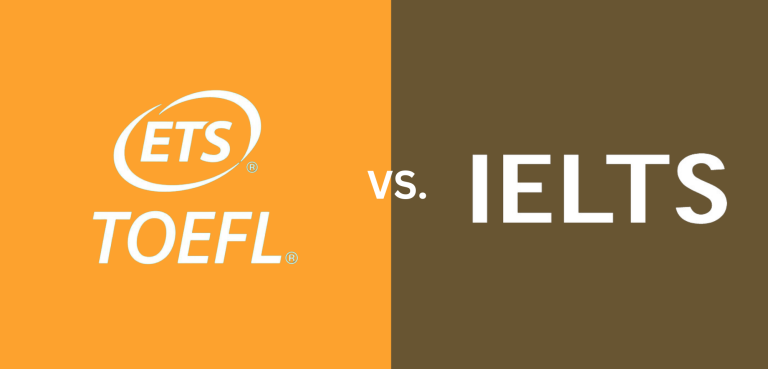1. What I should or shouldn’t do while having a valid Germa student visa?
As a holder of a German student visa you can:
- Apply for an extension of the student residence permit: This is conceivable if you haven’t yet finished your studies inside the visa time frame, and you’ll be finishing them in a reasonable time.
- Find a part-time job: You may work for up to 120 working days/year, regardless of whether you’re as of now working part-time in the institution where you are studying. However, you should ensure that your work must not meddle with the progress of your studies.
- Go after a residence permit for job-seeking after graduation: You’ll be qualified to apply for a home grant of this sort, just on the condition that you’ve effectively finished studies in Germany. With such a permit, you’ll have the option to stay in Germany, look for a job or get independently employed, for as long as six months after graduation. You may find some temporary employment during this time and keep looking for job-options which suit your academic qualifications and individual skills.
As a holder of a German student visa you can’t:
- Be employed full-time: You can’t find a job which requires for you to draw-in 240 working days out of every year. In spite of this, you don’t qualify to apply for a work license while being a student.
- Abandon study sessions: Neglecting to take part in academic sessions may prompt cancellation of your eligibility to stay in Germany.
2. For what duration can I stay in Germany with a student visa?
With a German student visa you’ll have the option to stay in Germany for the immediate 3 months. Inside this period, you’ll be required to apply for a student residence permit. The maximum amount of time that this permit gives you is 2 years. You’ll likewise be allowed to extend the validity of your student residence permit, depending on the length of your academic session and its completion.
Important Steps to follow after your arrival in Germany with a student visa
There are a few steps that you’ll need to go through before starting your academic session in Germany.
1. Find a place to live in Germany
Not long after showing up here, get yourself a permanent home in Germany. You may find a student residence, flatshare, or an apartment rented for your ownself. The proof of permanent address will be important in numerous future events.
2. Get yourself secured by a German medical insurance ‘Krankenversicherung’.
Get yourself secured with a medical insurance strategy, as this is an obligatory prerequisite for everybody living here.
In case you’re a resident of a nation giving European Health Insurance Card (EHIC), you’ll not have to get a German legal medical insurance. There are many German medical insurance organizations focusing on students and addressing their requirements. German insurance agencies, like DR-WALTER, for example, have been in the business for a long time and are favored by remote students. In addition to the fact that they are moderate, their customized student packages like the tariff EDUCARE24 are top choices among worldwide students in Germany.
Without evidence of medical insurance (open or private), enrolment at a German college is not possible.
3. Register in studies to get the certificate of enrolment
Once you’re comfortable in your permanent home, next step is enlistment or matriculation in studies at the student services office. Do this well within stipulated time and date declared in your letter of admission. In case you are not able to enrol within this time, you’ll not be able to participate in academic sessions, sit for examinations, access college/university services or get the degree for the course that you’d opted for. This certificate also comes in handy while registering your address, applying for a student residence permit, and to get discounts on leisure activities.
To enlist at a German college as an foreigner, these are the documents required:
- Valid national identification. It must show your valid student visa
- Letter of confirmation
- Few recently taken photos
- Covered health insurance
You’ll not be formally selected just by applying. At first, certificate of enrollment will be given as an impermanent student ID until you get the official student ID card. The procedure is finished when you pay the semester contribution and tuition fees (assuming any), directly after which you get your student ID card by post. The normal semester commitment is 250 Euros, and it covers social and different administrative services of the college, including the semester ticket for utilizing the local public transportation.
The Student ID card sent to you will be attaced with a unique ID account, email and password on the university/college’s server. This is for your ease of access to the colleges’ internals electronic resources and e-libraries etc.
Note: You’ll have to re-enroll at the start of each new semester. Failing to do so, the college has the rights to exmatriculate you, which means you can be expelled from the student register.
4. Open a current bank account from a recognised German bank.
Next thing you’ll have to do is getting yourself a current bank account with a recognised German bank. This ca be used in a number of cases, for example, for paying the lease, enrolling yourself, paying study-related fees, registration fee and bills. This can also be helpful for depositing your salary or getting any subsidies. Opening a bank account is a free of charge service normally.
To open a student ledger in Germany, these are required reports:
- Valid National visa
- Confirmation of enrollment
- Evidence of a studentstatus in Germany. (Any of the accompanying)
- Student registration certificate
- Letter of confirmation
- Student visa
5. Register your living location in Germany at the ‘Einwohnermeldeamt’ and get a confirmation of registration
Within a week of finalising your permanent residence, you will need to register your address at the neighborhood Resident’s Registration Office “Einwohnermeldeamt” or at Citizen’s Bureau ‘Bürgeramt’. After filing the application, you’ll get the confirmation of registration ‘Meldebestätigung’.
Note: You’ll need to rehash the procedure each time while changing your address in Germany.
6. Apply for a residence permit to study at the ‘Ausländerbehörde’.
As soon you’ll get the admission or enrollment, you’ll need to apply for a residence permit to study. This must be done while having a substantial student visa.




